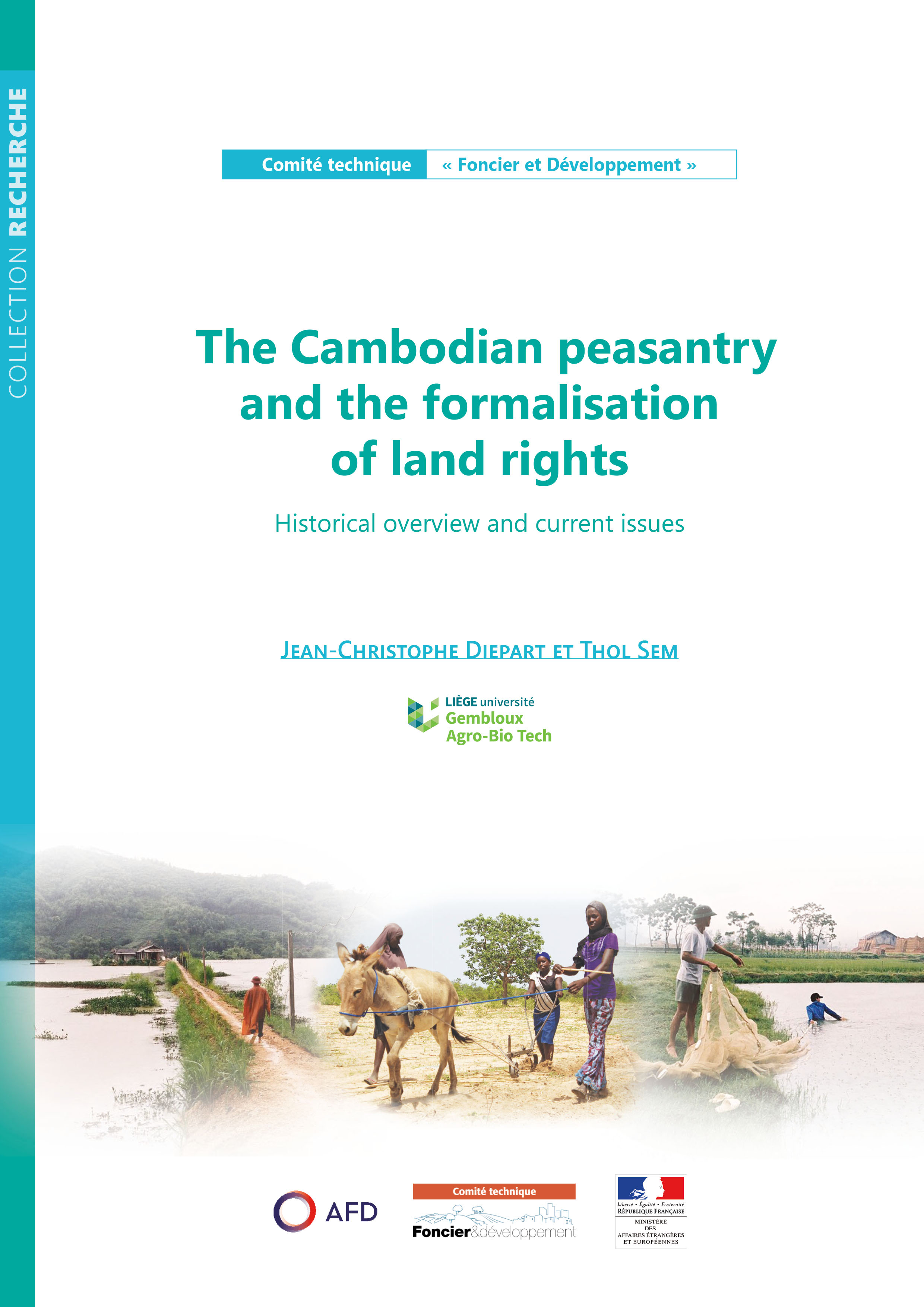Sharpening the understanding of socio-ecological landscapes in Participatory Land Use
In the two decades since the 1992 Rio Conference, Land-Use Planning (LUP) has become recognized as a key instrument in putting discourses on sustainable development into practice. In Lao PDR, despite the implementation problems, it is still seen as a lever for securing land tenure, rationalizing extension services provision, and more recently, for implementing ‘Reduced Emissions from Deforestation and Forest Degradation’ (REDD) schemes. Impact assessments of past LUP have revealed weaknesses of local institutions in the effective implementation of land policies.




